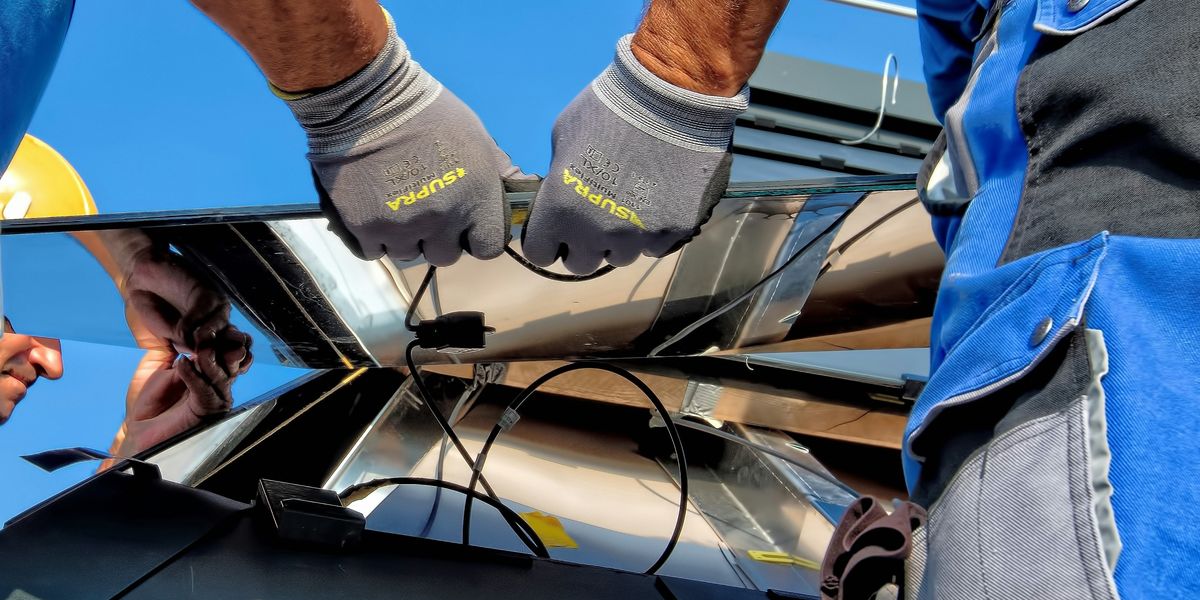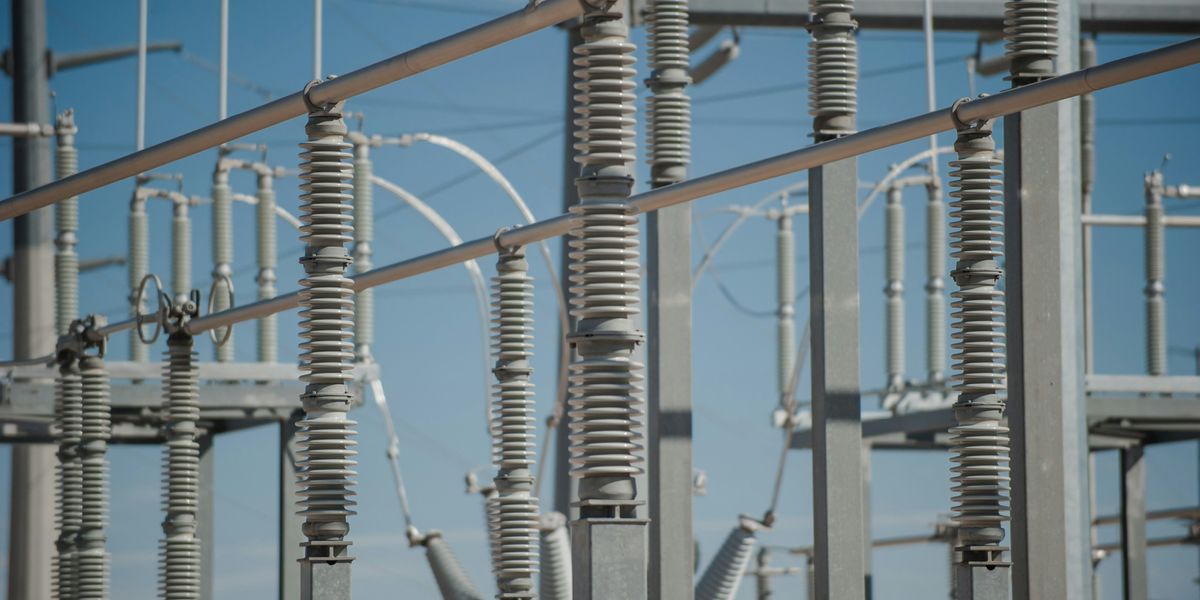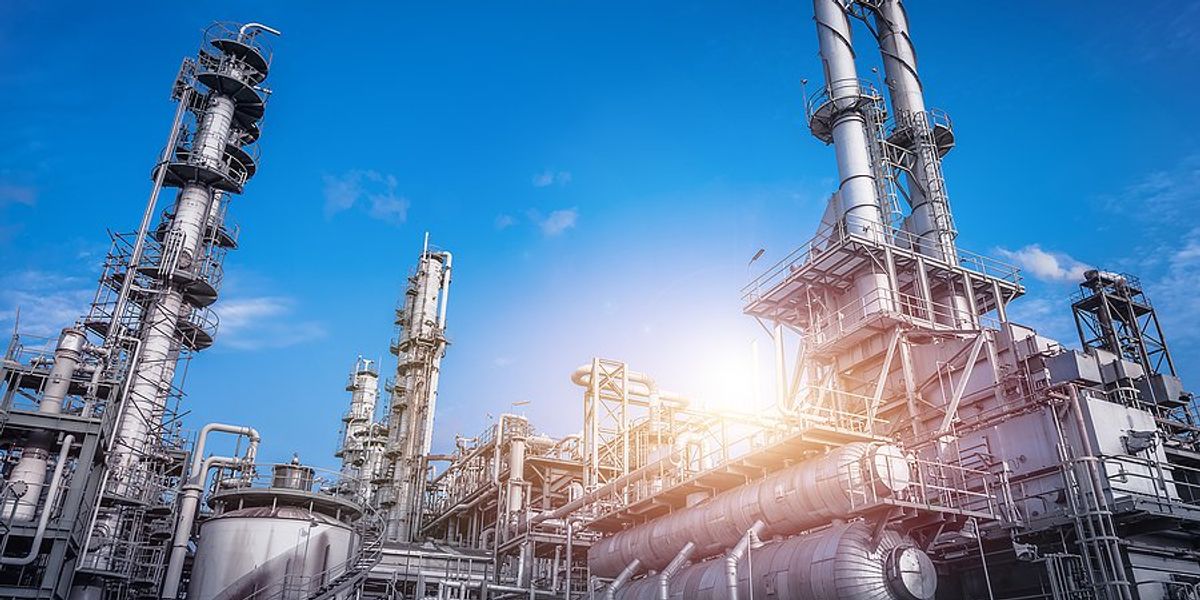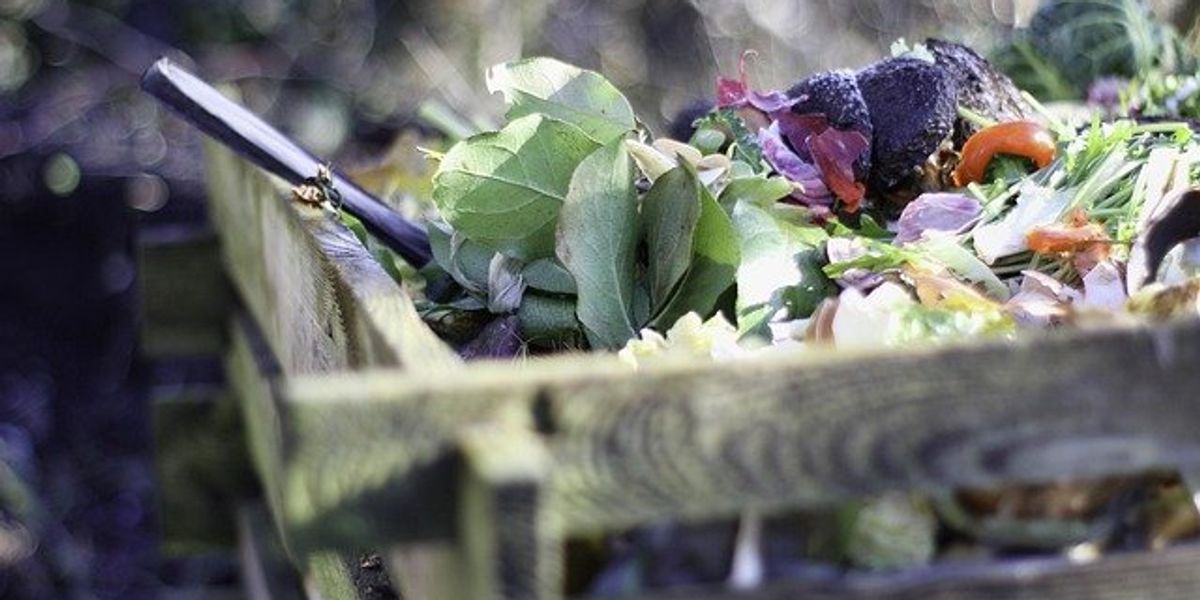
Intensive farming depletes European and UK soils, weakening climate defenses
A majority of European and British farmland has lost its natural ability to store water and carbon due to decades of over-farming, worsening floods, droughts and food insecurity, a new report finds.
Fiona Harvey reports for The Guardian.
In short:
- More than 60% of EU farmland and about 40% in the UK suffer from soil degradation linked to intensive agriculture, undermining their ability to store water and carbon.
- Degraded soils contribute to both flooding and drought by failing to absorb water, creating a feedback loop that worsens the climate crisis.
- Government initiatives to support soil restoration in the UK are faltering, with funding cuts and paused incentives creating uncertainty for farmers.
Key quote:
“We are losing the natural infrastructure that manages water.”
— Spokesperson, Save Soil initiative
Why this matters:
Industrial farming, with its emphasis on chemical fertilizers and deep tilling, has stripped soils across Europe and the UK of their organic matter. Without this sponge-like structure, rain runs off quickly, carrying nutrients and pesticides into waterways and flooding lowlands, while dry spells leave crops parched. This weakens the land’s ability to grow food, threatening long-term food security and driving up prices for staples. It also limits the land’s role in fighting climate change, as degraded soil holds far less carbon than it could. As more land turns to dust, the climate gets hotter, weather more extreme, and clean water scarcer.
Read more: Opinion: Climate change and soil loss — the new Dust Bowl?













